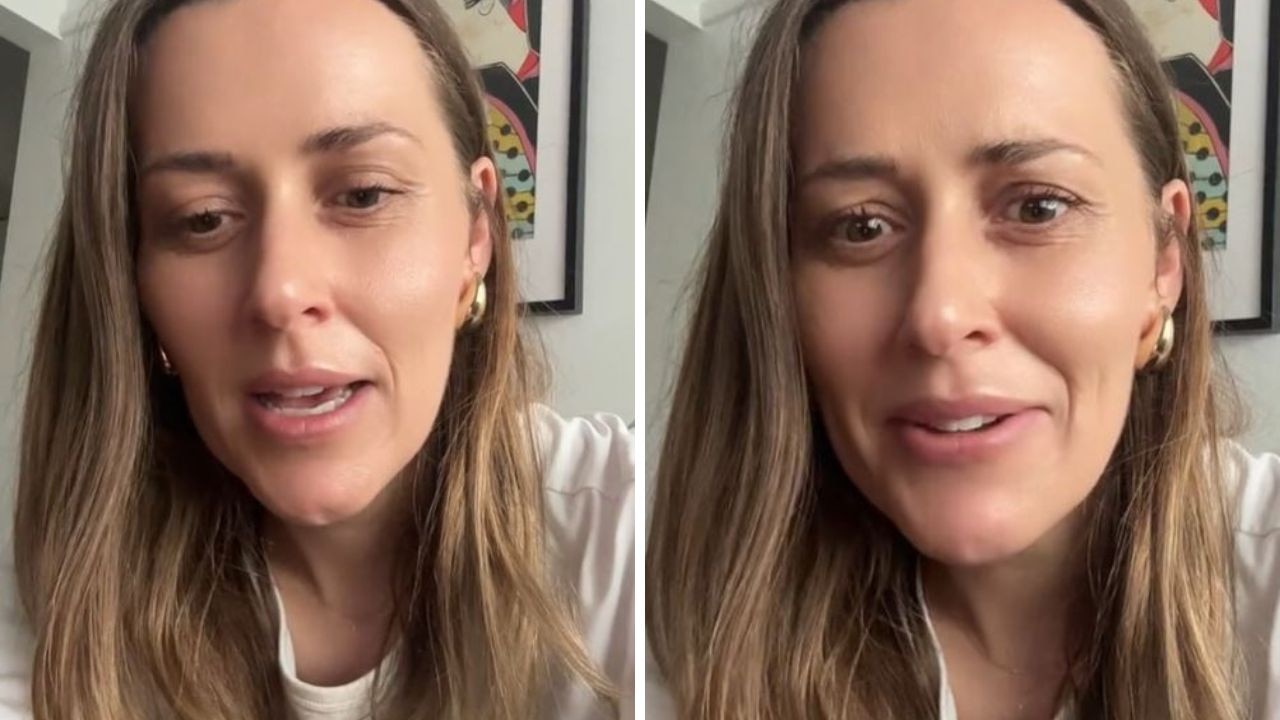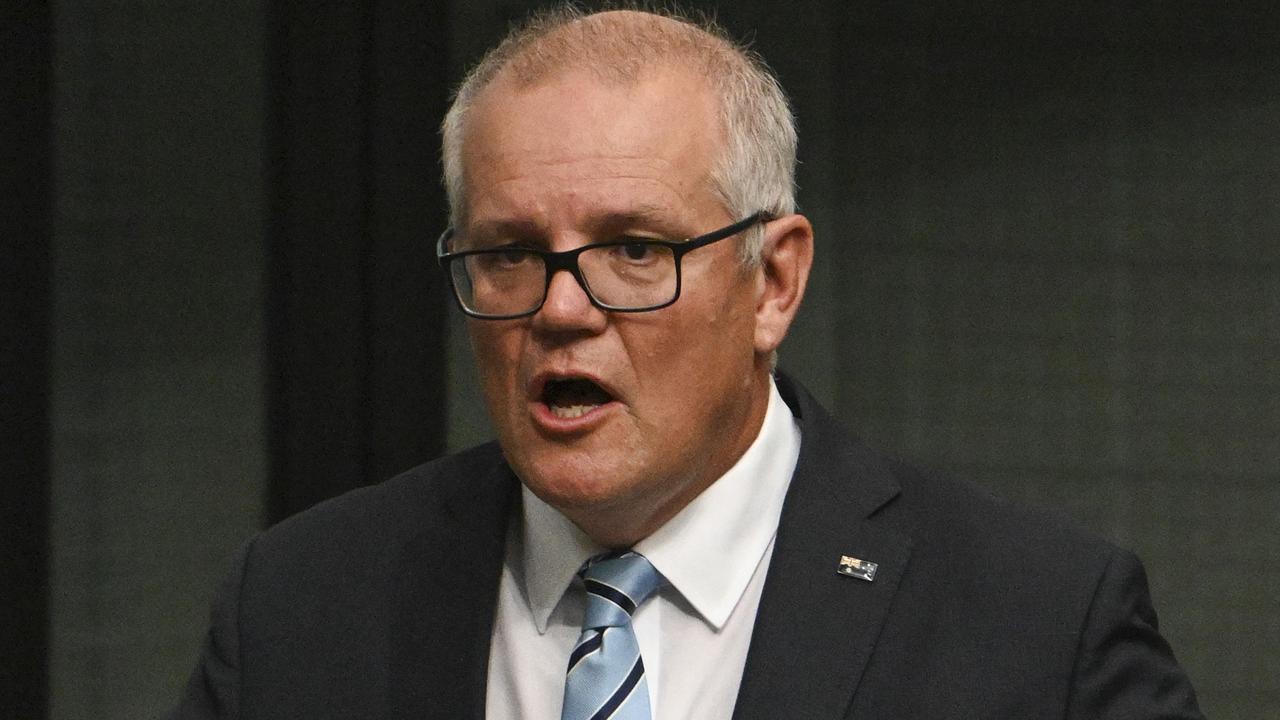PM says Aussie workers won’t be forced to get COVID-19 vaccine to keep their jobs
Prime Minister Scott Morrison has revealed for the first time whether Aussies workers will be forced to get the virus jab to keep their jobs.
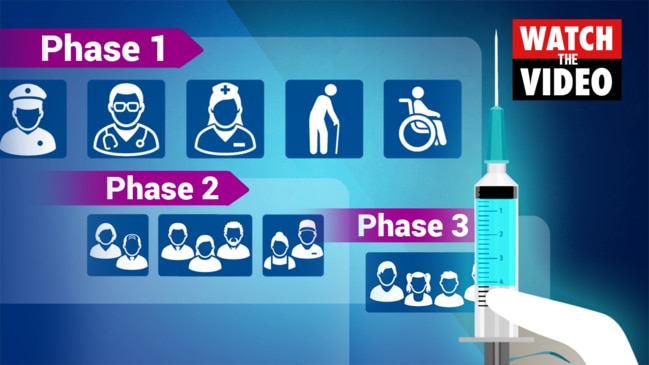
Prime Minister Scott Morrison has declared “we have beaten the third wave” of COVID-19 as he revealed for the first time whether high risk groups including aged care workers face mandatory jabs.
Despite the deadly risk of COVID-19 taking hold in the nation’s nursing homes the Prime Minister has confirmed the states have agreed it won’t be illegal to work in aged care without being vaccinated.
“At this point they’re not recommending that that be the case,’’ the Prime Minister said.
But that doesn’t mean “no jab, no job” rules won’t be invoked by some of the big providers in work contracts, with the Morrison Government effectively leaving it up to employers to work through the issues.
“That doesn’t mean that that mightn’t be a position in the future. We’ll take this step by step. I have no doubt if there were concerns about the wellbeing of vulnerable Australians, particularly elderly Australians, then they would make those recommendations,’’ the PM said.
It will be “strongly encouraged” for all workers and residents to take the vaccine and they are among the First Australians to secure the Pfizer campaign in coming weeks.
Hall & Wilcox partner and health law leader Alison Choy Flannigan told news.com.au that it was ultimately a health and safety issue.
“Obviously an employer can’t physically ‘force’ an employee to get the vaccine. No one suggests doing so,’’ she said.
“It’s also worth noting that many employees will probably get the vaccine voluntarily. The more challenging legal question is whether an employer can direct their employees to get the vaccine. For example, can an employer say ‘get the vaccine or you’ll lose your job’?
RELATED: Why Aussie vaccine rollout shouldn’t be paused
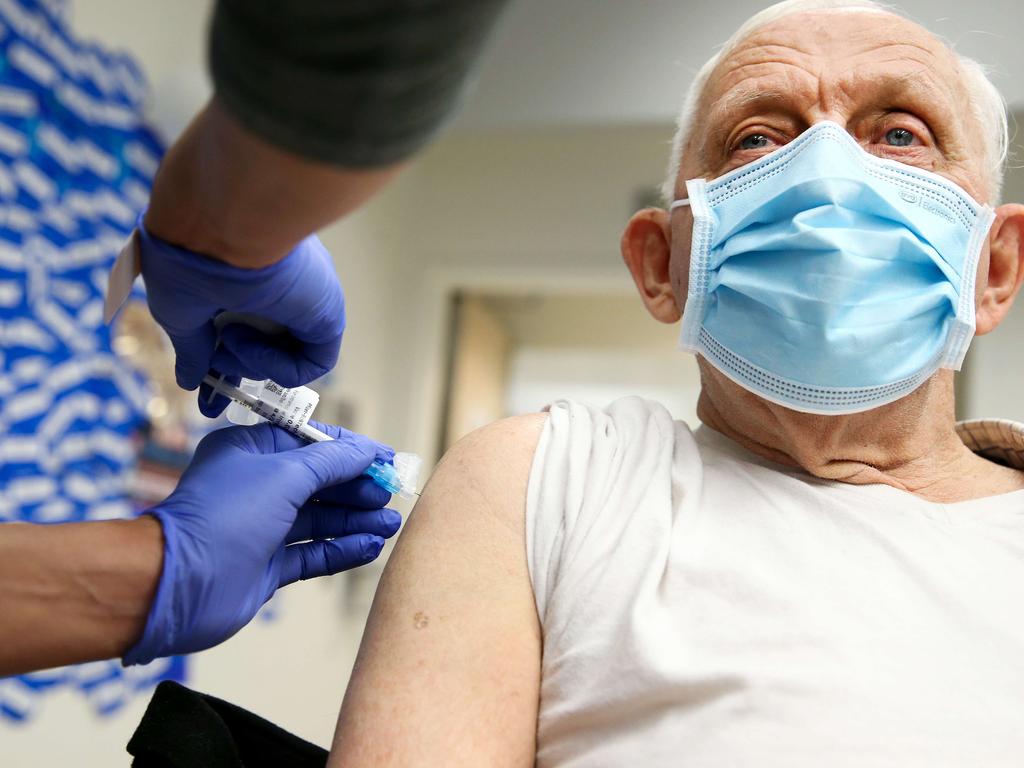
Ms Choy Flannigan said this ultimately depends on whether the direction to be vaccinated is lawful and reasonable.
“Employees have a legal obligation to comply with their employer’s directions if those directions are lawful and reasonable,’’ she said.
“Whether a direction to get vaccinated is lawful and reasonable will vary depending on the circumstances. For example, what is reasonable in the context of an aged care facility or a hospital is likely to be different to reasonableness in the context of a construction site.
“This is fundamentally a health and safety issue. Consequently, a direction to get the vaccine is more likely to be lawful and reasonable for businesses that face higher risks of an outbreak. Examples include hospitals and aged care facilities, businesses that involve working with children who are too young to have been vaccinated themselves.”
Deputy chief medical officer Michael Kidd said it was the strong preference that anyone coming into contact with aged care facilities is vaccinated.
“Can I make very clear we are actively encouraging the residents of aged care and people working in aged care, both the staff at the facilities but also the people coming into the facilities around the country to receive the COVID-19 vaccine when it start to rollout into their area,’’ he said.
“We’re anticipating a very high uptake among both residents and staff in order to protect the residents from COVID-19. At this point we’re not looking at a recommendation of mandatory vaccination. The rationale behind is this is, firstly, we have not yet rolled the vaccine out from across the country so we don’t want to exclude people from aged care because they don’t fall into the priority groups.
“We want our loved ones to see relatives in aged care. But also we’re still learning a lot about the vaccine and how effective vaccines are at preventing the transmission of COVID-19.”
The Prime Minister also revealed there was nothing to suggest a delay in the planned rollout of the Pfixer campaign but they were carefully monitoring supply issues in Europe.
RELATED: How mutant strain infiltrated Australia
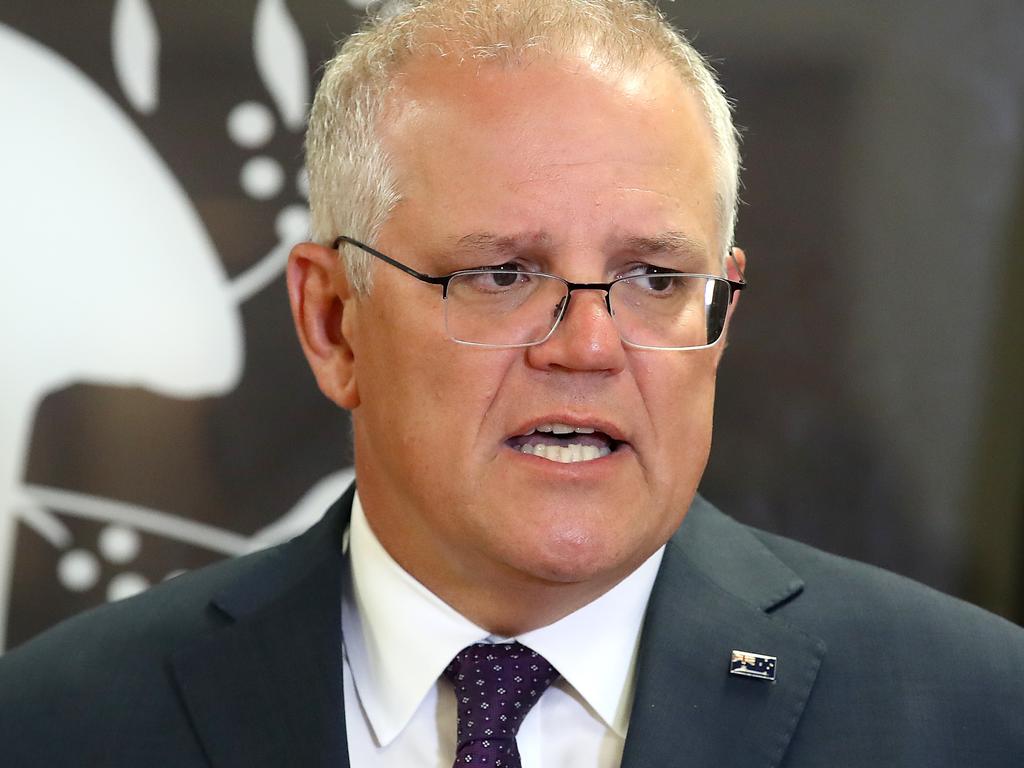
“There is no doubt in the held discussions I had with European prime ministers, and others, earlier in the week that there are some difficulties that they’re encountering,’’ the Prime Minister said.
“And so we’re watching that very closely. We’re able to provide as much update as possible today to the premiers and chief ministers. They know what we know. There are some things in our control and some things that are not.”
Mr Morrison said it was another reason why the AstraZeneca vaccine had huge advantages because it can be manufactured in Australia.
“One of the reasons that we saw and paid a premium for ensuring we could produce the AstraZeneca vaccine here in Australia was that throughout the year we would not be exposed to those vulnerabilities to the supply chain like other occurring in other countries,’’ he said.
“At this stage we’re relying on the delivery of the vaccines from those producing countries at this early stage. I think we’re being very careful to be clear about expectations here.
“There are huge demands across Europe from other clients. So we’ll just continue to work through that and we’ll update the Australian people, as we have information available to us.”



